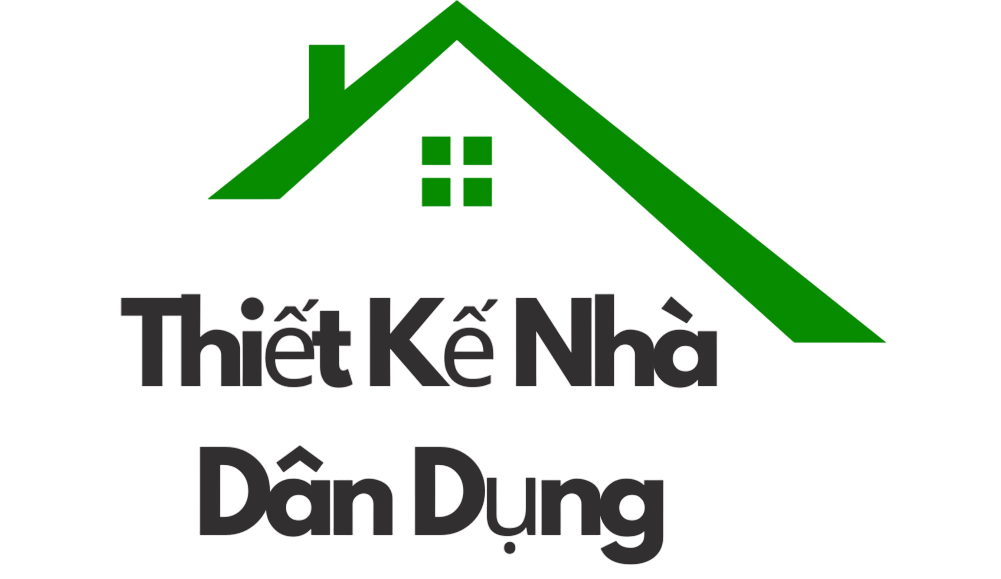Ever wondering how automation pros run dozens of accounts like it’s nothing? One of their best tools is LTE mobile proxy servers.
Different from shared proxies, 4G mobile proxies use real SIM card connections. That means Instagram, Facebook, and search engines think you’re using a phone.
—
So, what are 4G rotating proxies?
They’re real IPs from mobile networks that change after a session. That means, you’re assigned a new address on command — all linked to real smartphones.
—
Why are these so useful? Here’s why these proxies are the top pick for pros:
– Avoid Instagram and Facebook bans
– Farm accounts without bans
– Useful in sneaker copping
– Gives trust score benefits
– Each IP is clean
—
How do providers sell them?
1. Dedicated device proxies
2. Shared pool proxies
3. Manual rotation proxies
4. Timed rotation IPs
Each setup works better depending on needs. For example, shared proxies are cheaper but easier to get flagged.
—
Let’s compare with other types:
| Proxy Type | Real IPs | Rotation | Price | Ideal Use Case |
|—————-|———-|———-|——–|—————————–|
| Datacenter | ❌ | ✅ | Cheap | Low-risk tasks |
| Residential | ✅ | ❌ | $$ | Limited social |
| ISP | ✅ | ✅ | $$$ | Sensitive access |
| **4G Mobile** | ✅✅ | ✅✅ | $$$$ | Top-level automation
—
Trusted providers?
– AirProxy
– IPBurger
– Test latency before buying.
—
Tips:
**DO**:
– Warm up new accounts
– Stick to a schedule
– Use mobile user agents
**DON’T**:
– Run too many accounts per IP
– Rotate too fast
– Reuse flagged IPs
—
Conclusion:
Mobile IPs that rotate are essential in digital campaigns. You pay a premium, but worth it.
If you’re doing scraping, automation, or social media|running ads, verifying SERPs, or managing bots, you need stealth — these proxies solve that.
